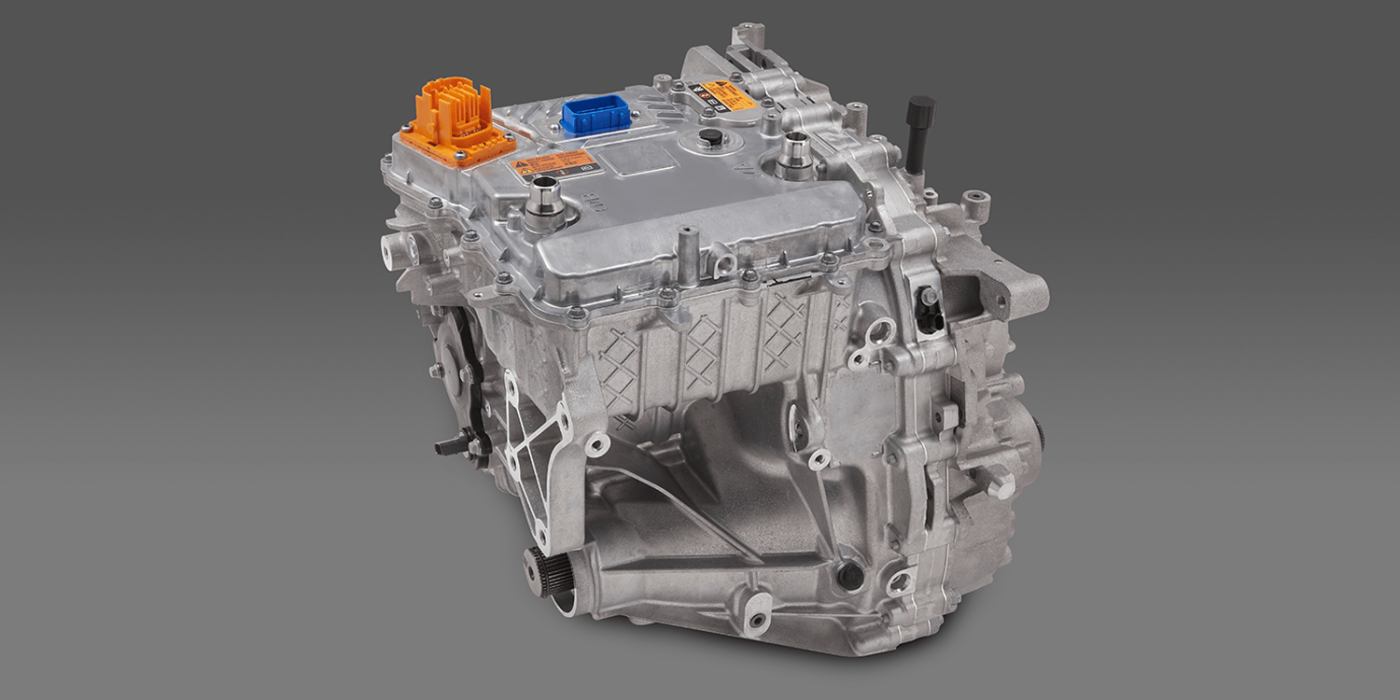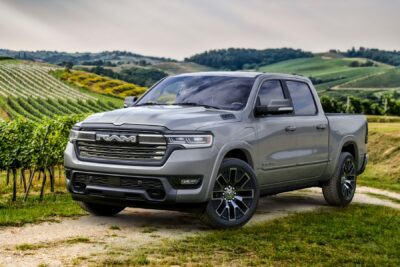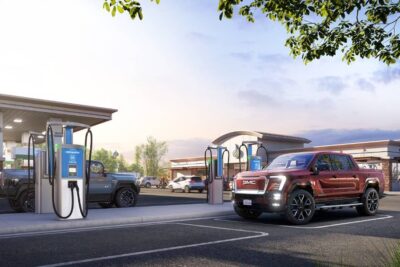GM kicks off electric drive production in Toledo
The company confirmed this to the regional newspaper Toledo Blade. The background to this is that GM has postponed the production ramp-up of the two electric pickup trucks Chevrolet Silverado EV and GMC Sierra EV at the Orion Township assembly plant by at least one year to the end of 2025 due to weakening demand. This now also has an impact on the component plants – specifically the transmission plant in Toledo.
General Motors announced the conversion of this site in September 2022 with the aim of initiating the additional production of electric drives on site and promised USD 760 million for this purpose. The drive units built in Toledo in future will be used in electric vehicles based on the Ultium Group platform, for example in the two models mentioned above or the GMC Hummer EV electric pickup. GM had already presented the modular drive system called Ultium Drive in 2020.
In a statement recently, GM announced that employees in Toledo have been informed that the introduction of the electric drive unit at the plant will be postponed until the fourth quarter of 2024 “to better align with the planned Orion Assembly production schedule”.
Acquired by GM in 1956, the Toledo Propulsion Systems plant currently manufactures GM’s six, eight and ten-speed rear-wheel drive and nine-speed front-wheel-drive transmissions, which are used in a variety of Chevrolet, Buick, GMC and Cadillac products. The factory employs around 1,500 people. According to GM, it has invested more than 1.9 billion dollars in Toledo since 2011. This already includes the investment now announced for 2022 to prepare for electric drive systems.
Meanwhile, Ford is also struggling with weak demand for its electric pickup truck. According to an insider, only around 1,600 units of the F-150 Lightning will roll off the production line in Dearborn every week from January 2024. This corresponds to half of the current output.
Ford had already suspended production of its electric pickup for six weeks in the summer and then cancelled one of the three shifts at the Dearborn plant in mid-October due to “various restrictions, including supply chain issues”.
At the end of October, Ford announced that it would postpone some of its planned multi-billion investments in new production capacities for electric vehicles and batteries. The first concrete consequences are already known: Ford will be implementing its LFP battery cell factory in the USA on a much smaller scale than originally designed. The US company is also cancelling plans for a battery plant for electric commercial vehicles planned with LG Energy Solution and Koç in Turkey. A planned second battery factory on a new campus in Kentucky is also affected by the cost-cutting measures.





0 Comments